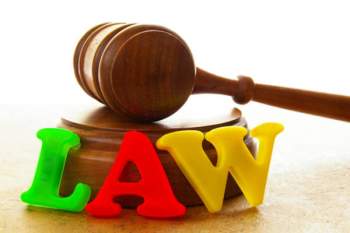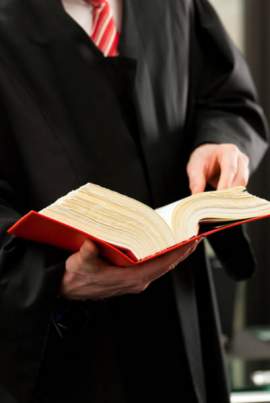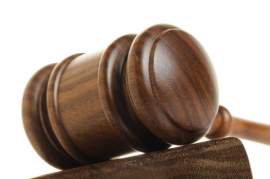
David Souter

Popular In Supreme Court
How Many Supreme Court Justices Are There Justice Clarence Thomas Landmark Supreme Court Cases Supreme Court Building Us Supreme Court Docket Chief Justice John Roberts Hugo Black Justice Antonin Scalia Roger B Taney Supreme Court Justices Justice Elena Kagan Supreme Court Judgments
Supreme Court Justice: David Souter
David Souter was an Associate Justice of the United States Supreme Court who served from1990 to 2009, when he retired. David Souter was appointed by to fill the seat of Justice Brennan by President George H. W. Bush. At the time, David Souter was the only Justice on the Supreme Court with an extensive amount of previous court experience outside of the federal appeals court. He had previously served as a prosecutor, an attorney general, and a judge on both state appellate and trial courts.David Souter was born on September 17, 1939 in Melrose, Massachusetts and attended Concord High School in New Hampshire. He went on to attend Harvard College, where he graduated with an A.B. magna cum laude. After earning a M.A. from Magdalen College in 1963, Souter attended Harvard Law School, where he received his law degree in 1966.
As a Justice, David Souter was expected to be a judge who showed conservatism in his jurisprudence. For the first three years as a Supreme Court Justice, David Souter tended was conservative, although not as strongly as Justice Scalia, Thomas, or Rehnquist. His more dramatic turning point came in Planned Parenthood v. Casey where he reaffirmed the vital holding in Roe v. Wade.
Famous Cases
Bush v. Gore (2000): A landmark Supreme Court decision on December 12, 2000, that resolved the controversy of the 2000 presidential election in favor of George W. Bush. Eight days before, the U.S> Supreme Court had decided unanimously the related case of Bush v. Palm Beach County Canvassing Board (2000) and three days before that, had preliminarily stopped the recount that was happening in Florida. The Court ruled in a per curiam decision that the Florida Supreme Court's technique for the ballot recount violated the Fourteenth Amendment’s Equal Protection Clause. The Supreme Court also ruled that no other method could be made within the time limits that were created by Florida State.
While Justice David Souter agreed that there was a violation of the Equal Protection Clause of the Fourteenth Amendment in using different methods of counting in different counties in Florida, he also dissented due to many different issues in the case. Justice David Souter specifically dissented against the opinion that the Supreme Court of Florida had acted oppositely to the legislature’s intent. Justice Souter further dissented the majority opinion regarding stopping the ballot recount. He acknowledged that the counting done prior and on December 9 were not aligned with the Equal Protection requirements. However, he still wanted to send the case back to the Supreme Court of Florida in order to allow the court to create uniform standards of legal voting and then recount the ballots based on those standards.
Planned Parenthood v. Casey (1992): A Supreme Court Case that challenged the constitutionality of many Pennsylvania state regulations dealing with abortion. The plurality opinion of the court upheld the constitutional right to have an abortion. However, the court also examined many restrictions of the right and upheld certain portions while invalidating others.
Justice David Souter defied expectations and joined the plurality opinion which wrote that their opinion was upholding the vital precedent of Roe V. Wade, which meant that the right to abortion was a fundamental part of the Fourteenth Amendment’s Due Process Clause. It went on further to describe the importance of standing by previous court decisions even if the precedent seemed unpopular, unless a drastic change in the fundamental reasoning of the previous decision had occurred. The plurality with Justice David Souter continued and described the rejection of the separate but equal idea notion as the actual reason for the court’s decision in Brown v. Board of Education court’s where they rejected the Plessy v. Ferguson doctrine.
NEXT: A Short Biography on Justice Earl Warren





















